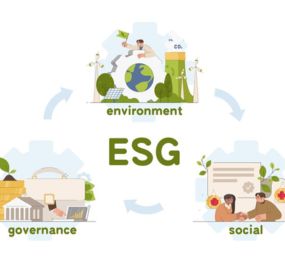Responsible supply chains have become a paramount focus for businesses aiming to make a positive impact on society and the environment. This approach encompasses ethical sourcing practices and proactive stakeholder engagement, creating a win-win scenario where businesses thrive, and communities benefit.
Ethical sourcing, at its core, is the practice of procuring goods and services in a manner that upholds rigorous social and environmental standards. Businesses committed to ethical sourcing prioritize transparency, fair labor practices, and environmentally sustainable production methods. They work closely with suppliers to ensure that the entire supply chain adheres to these principles, reducing the risk of exploitation, environmental harm, and subpar working conditions.
Stakeholder engagement, on the other hand, emphasizes the importance of involving various parties, including employees, local communities, and advocacy groups, in supply chain decision-making. This collaborative approach fosters better understanding, builds trust, and can lead to innovative solutions for complex challenges. It also ensures that businesses remain accountable for their actions and align with the interests of all stakeholders.
Responsible supply chains benefit not only the businesses themselves but also the broader global community. They enhance a company's reputation, mitigate risks, and create a more resilient and sustainable supply chain. Moreover, they contribute to a fair and ethical global marketplace, where the well-being of workers, the environment, and communities are upheld. As responsible supply chains gain prominence, they demonstrate that profit and ethics can coexist to create a better world for all.
To register or learn more about the Forum please check here: https://www.leadventgrp.com/events/world-esg-and-climate-summit/details
For more information and group participation, contact us: [email protected]
















